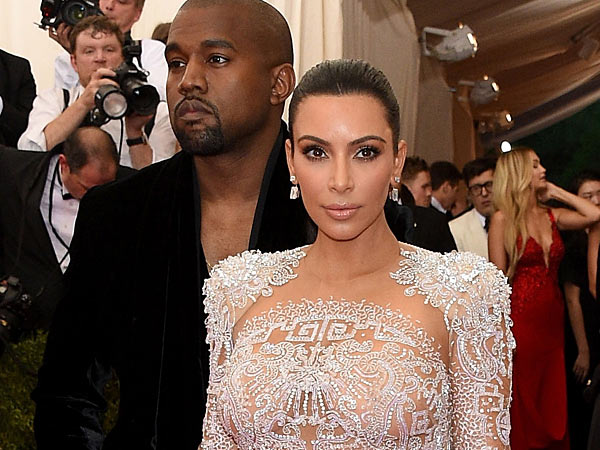
Few days separate us from Ramadan, the month of goodness and blessing. This year, the holy month marks the height of summer, so it is important to maintain our energy levels and avoid the temptations of unhealthy food that plague us this month.
Ms. Rahma Ali, Clinical Dietitian at Burjeel Hospital Abu Dhabi, advises following healthy eating habits during the holy month of Ramadan, as she says: “In Ramadan, our diet changes radically, as we only eat during the Suhoor and Iftar meals, and therefore these two meals form an essential part. of fasting. While it is important to consume foods with a low glycemic index, it is also important that the Suhoor and Iftar meals are well-balanced and contain items from all food groups, such as vegetables, grains, meat, dairy products, and fruits.

“Suhoor should be healthy, giving us enough energy to survive the long hours of fasting. It is important to eat foods that keep our bodies hydrated, so we must be careful to choose our food items during Suhoor.”
Foods to eat during Suhoor
Protein-rich foods: Eggs are high in protein and most nutrients. Eggs help to maintain a feeling of satiety, and can be eaten in several ways to suit all tastes.
High-fiber foods:
Due to its richness in fiber, oats are an ideal meal for our bodies during Suhoor, as soluble fiber turns into a gel in the stomach and slows down the digestion process, which helps reduce cholesterol and glucose in the blood, and therefore it is an ideal food to maintain our activity and energy throughout the fasting period.
Foods rich in calcium and vitamins:
Dairy products are an important source of nutrients, so we recommend eating yogurt or milk cocktail with vanilla and honey to maintain a sense of satiety and hydration throughout the day.
Foods to avoid during Suhoor

Simple or refined carbohydrates:
They are foods that do not remain in the body for only 3-4 hours, and are characterized by their low essential nutrients, including: sugar, white flour, pastries, cakes, and croissants.
Salty foods:
An imbalance in the levels of sodium in the body leads to feeling very thirsty during fasting, and therefore you should avoid eating salted nuts, pickles, potato chips, and foods containing soy sauce.
Caffeinated drinks:
Coffee contains caffeine, which causes insomnia, and does not help hydrate the body, making us feel thirsty throughout the day.
Mrs. Rahma Ali added: “Suhoor is a very important meal, but we cannot ignore dietary habits during iftar as well. Therefore, it is important during the month of Ramadan to break the fast according to a balanced diet that ensures that the basic nutritional needs of our bodies are met, and these needs include the elements sodium and potassium that are lost from the body due to sweating, especially during the summer.”
Foods to eat during breakfast

Potassium-rich fruits:
Dates contain a lot of nutrients and are one of the best things we can eat when we start breakfast. In addition to quickly hydrating the body, dates give us instant energy that revitalizes us after long hours of fasting.
Drink enough fluids:
You should drink as much water or fruit juices as possible between breakfast and before bed to avoid dehydration.
Raw nuts:
Almonds contain beneficial fats that are indispensable for the health of the body, especially since the body requires them after long hours of fasting. Fats are an ideal nutrient that helps us feel full and reduces cravings.
Water-rich vegetables:
Cucumber, lettuce and other vegetables contain a high percentage of fiber and are full of substances that help moisturize the body. In addition to cooling the body, vegetables also keep the skin healthy and prevent constipation during Ramadan.
Foods to avoid during breakfast

Soft drinks:
It is advised to avoid artificial drinks and soft drinks, and to eat plain water or coconut water instead to quench thirst.
Foods rich in sugar: You should avoid foods rich in sugar, such as sweets and chocolate, as they lead to rapid weight gain and may cause health problems if consumed every day.
Fried foods: In order to reap the health benefits during Ramadan, foods rich in oils should be avoided, such as fried “luqaimat” and samosas, in addition to “curry” and oily pastries.
And Mrs. Rahma Ali concluded her speech by saying: “The health benefits that fasting brings to our bodies depend on our practicing it in a proper manner, otherwise its harm may become more than its benefit. It is important to discipline ourselves when we see a very tasty meal, and the most important thing is to remember that Ramadan is a month to reap health benefits and increase piety and faith.”






